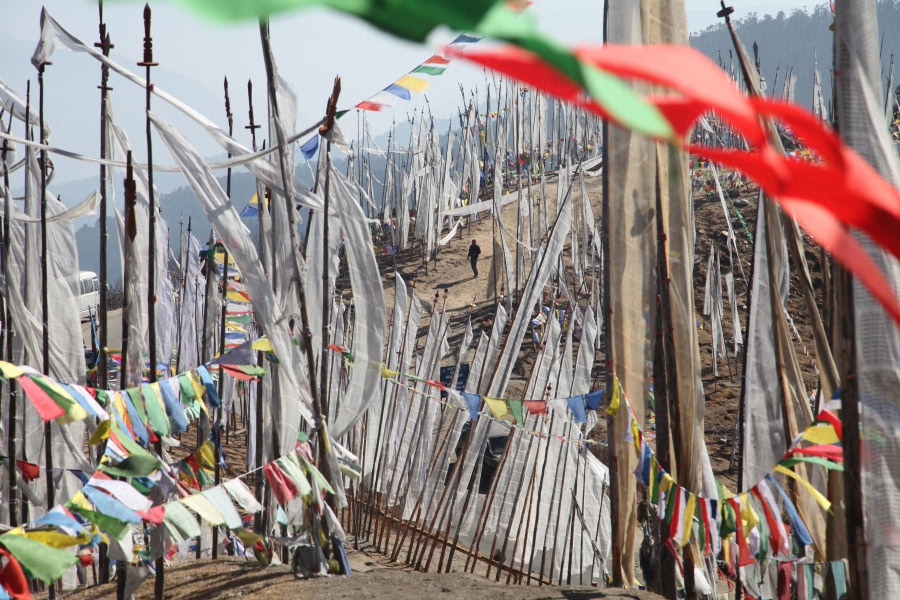
Bhutan, known for its Gross National Happiness Index, comes to terms with mental health crisis
The tiny kingdom of Bhutan, tucked away in the Himalayas between China and India, is known for its innovative Gross National Happiness Index, a measurement tool used to incentivize policies that increase the well-being of its people. When Bhutan became a constitutional monarchy 10 years ago, the index was written into the new constitution as a guiding principle of governance, one deeply rooted in Buddhism.
The country’s tourism council paints an image of a real-life Shangri-La, where visitors seeking a high-altitude paradise will find chiming bells, fluttering prayer flags, crimson-robed monks, staggering mountain views and one of the world’s most unspoiled cultures.
But this idealized view of Bhutan lies at odds with some realities. The country known as the world’s happiest — and the only officially Buddhist country on earth — had a suicide rate that measured at roughly 20th in the world, the nation's first comprehensive suicide survey found in 2014. It's impossible to say how much this has increased in recent years because the data wasn't tracked until that year. The country did not even get its first psychiatrist, Dr. Chencho Dorji, until 20 years ago.
What is clear is that Bhutanese identity has been undergoing a seismic shift as it is thrust into a modern age that is more connected, technologically speaking, but also more isolating. Together with high rates of alcoholism and domestic violence, this shift has created a mental health crisis in a country that is struggling to keep up, according to interviews with Bhutanese mental health professionals like Dorji — known as Dr. Chencho. Resources dedicated to mental health are stretched thin, and ingrained cultural traditions sometimes prove difficult to overcome.
“Even in far-flung villages they have television access,” Dr. Chencho says. “You can imagine, social media is everywhere. So things have changed so much especially in the last 10 years. Just …” He pauses. “Too fast, I suppose.”
Listen at PRI's The World.